Pumpkins are a great source of nutrition for both humans and pets, especially your four-legged family member! Rich in vitamins, minerals and dietary fiber, feeding your dog fresh pumpkin can help keep them healthy and active. It's not just the Halloween decorations that will benefit from incorporating this nutrient-packed gourd into their diet.
In this post, we'll dive deeper into the multiple health benefits of pumpkins for dogs - why it should be included in their meal plan, how to do it safely - so you can make an informed decision about whether or not pumpkin would be beneficial for your pup! Ready to learn more? Let’s jump right in!

Have you considered introducing pumpkins to your furry friend’s diet? Pumpkin is a great source of fiber and nutrients, such as vitamin A and potassium, which can benefit your dog’s overall health. It can also aid in digestion and regulating bowel movements. However, it is important to note that too much pumpkin can cause diarrhea and bloating.
Additionally, always make sure to give your dog pureed or cooked pumpkin, as canned pumpkin pie filling contains added ingredients, such as sugar and spices, that are harmful to dogs. Consult with your veterinarian to determine the appropriate amount of pumpkin to add to your dog’s diet and enjoy the seasonal addition to their meals.
Nutritional Benefits of Pumpkin for Dogs
Pumpkin isn't just a fall decoration - it's also a nutritious food for your four-legged friend. Packed with fiber, beta-carotene, vitamin A, and potassium, pumpkin can provide numerous health benefits for your dog. The fiber content can aid in digestion, while the beta-carotene and vitamin A promote a healthy immune system and maintain good vision. Pumpkin can also help regulate your pup's bowel movements, which can be especially beneficial for those with a sensitive stomach. Whether you choose to incorporate fresh pumpkin into your dog's meals or opt for a pumpkin-based dog food supplement, adding this superfood can offer a variety of health benefits for your furry companion.
How to Feed Your Dog Pumpkin in a Healthy Way
As a responsible pet owner, you want to make sure that your furry friend is getting a balanced and nutritious diet. Adding pumpkin to your dog's food can offer numerous health benefits, such as aiding in digestion and boosting their immune system. However, it's important to feed your dog pumpkin in a healthy way. Avoid feeding your dog pumpkin pie filling, as it contains a high amount of sugar and additives. Instead, opt for plain, cooked pumpkin or canned pumpkin without added ingredients.
You can even make homemade pumpkin treats for your dog by incorporating pumpkin into their favorite recipes. Remember to always talk to your veterinarian before making significant changes to your dog's diet. With a little bit of effort, you can easily incorporate pumpkin into your dog's diet in a healthy and beneficial way.
Signs to Monitor When Feeding Pumpkin to Dogs
As pet owners, it is important to be mindful of what we feed our furry companions. While pumpkin can be a great addition to a dog's diet, there are certain signs that we should monitor when introducing it for the first time. It is always recommended to start with small portions and observe any potential allergic reactions or digestive issues. Additionally, any changes in stool consistency or frequency should be noted. If your dog experiences vomiting, diarrhea, or refuses to eat, it may be best to consult with a veterinarian to ensure their health and safety. By keeping a close eye on these signs, we can help ensure that pumpkin is a healthy and beneficial addition to our pets' diets.
What Types of Pumpkin Are Safe for Dogs
As dog owners, we must be mindful of what types of pumpkin are safe for our furry friends to eat. First and foremost, it is important to note that the pumpkin must be plain and free of any harmful additives such as sugar or spices. Canned pumpkin is a popular choice for dog owners, but it is important to select the version without any added flavorings. Fresh pumpkin can also be given to dogs, as long as it is cooked thoroughly and without any seasonings. It is best to consult with a veterinarian before introducing any new foods to your dog's diet. By taking the necessary precautions, we can safely share our love for pumpkin with our four-legged companions.
Tips on Adding Pumpkin to your Dog's Food for Maximum Health Benefits
Adding pumpkin to your dog's food can provide numerous health benefits. Not only is it a great source of fiber, but it can also aid in digestion, promote healthy skin and coat, and boost their immune system. When incorporating pumpkin into your pooch's diet, make sure to use plain pureed pumpkin, not pumpkin pie filling which contains added sugars and spices. For small dogs, start with a teaspoon of pumpkin and gradually increase the amount up to a tablespoon per day. For larger dogs, you can start with a tablespoon and increase up to half a cup depending on their weight. Remember, moderation is key, and always consult with your veterinarian before making any significant changes to your dog's diet.
Just like pumpkin is a healthy alternative for humans, it can also be beneficial for dogs. Pumpkins are filled with nutrients, vitamins, and minerals that have multiple health benefits for your pup. Feeding your dog pumpkin can help alleviate digestive issues and aid in boosting fiber intake. Additionally, adding pumpkin to your pup’s diet can even give them an extra boost of vitamins A, C, E! While feeding pumpkin to your dog may have its benefits, it’s important to remember they should never eat raw pumpkin.
Additionally, keep an eye out for any signs of allergic or adverse reactions. Feeding a proper amount of this food in the right way can provide significant health benefit to your pup. In essence, keep it plain and simple—stick to small amounts of cooked or canned pumpkin—and you will give your pup the nutritional support they need.
@susan.broussard
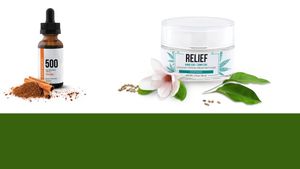
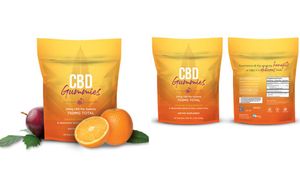
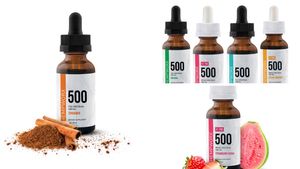

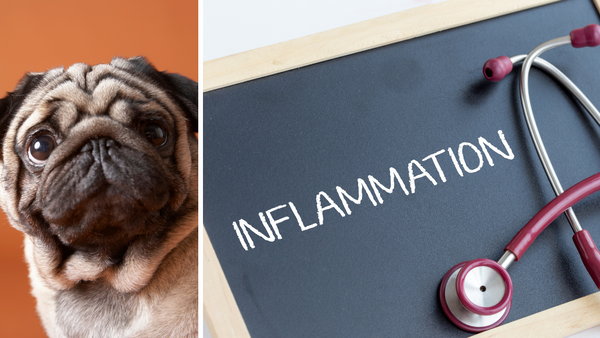
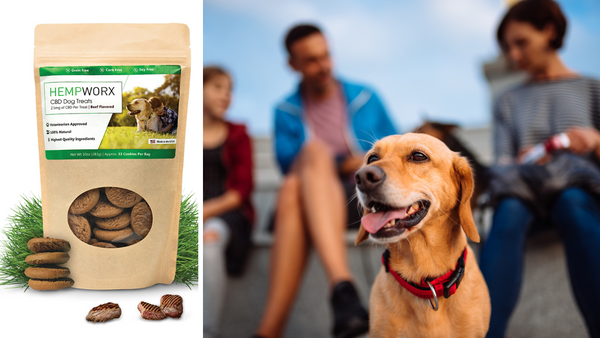
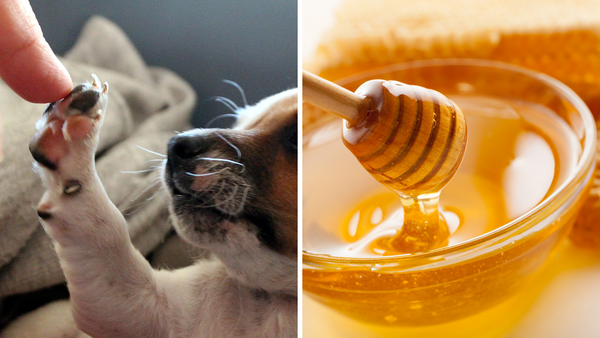
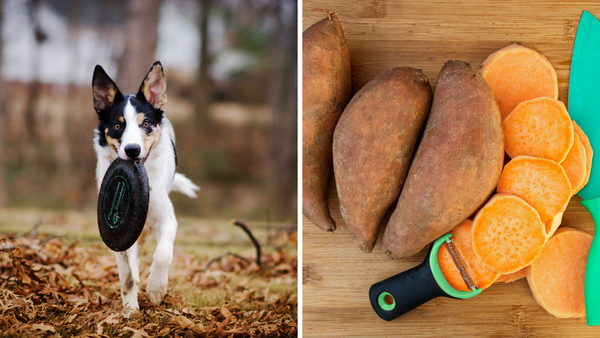
Member discussion